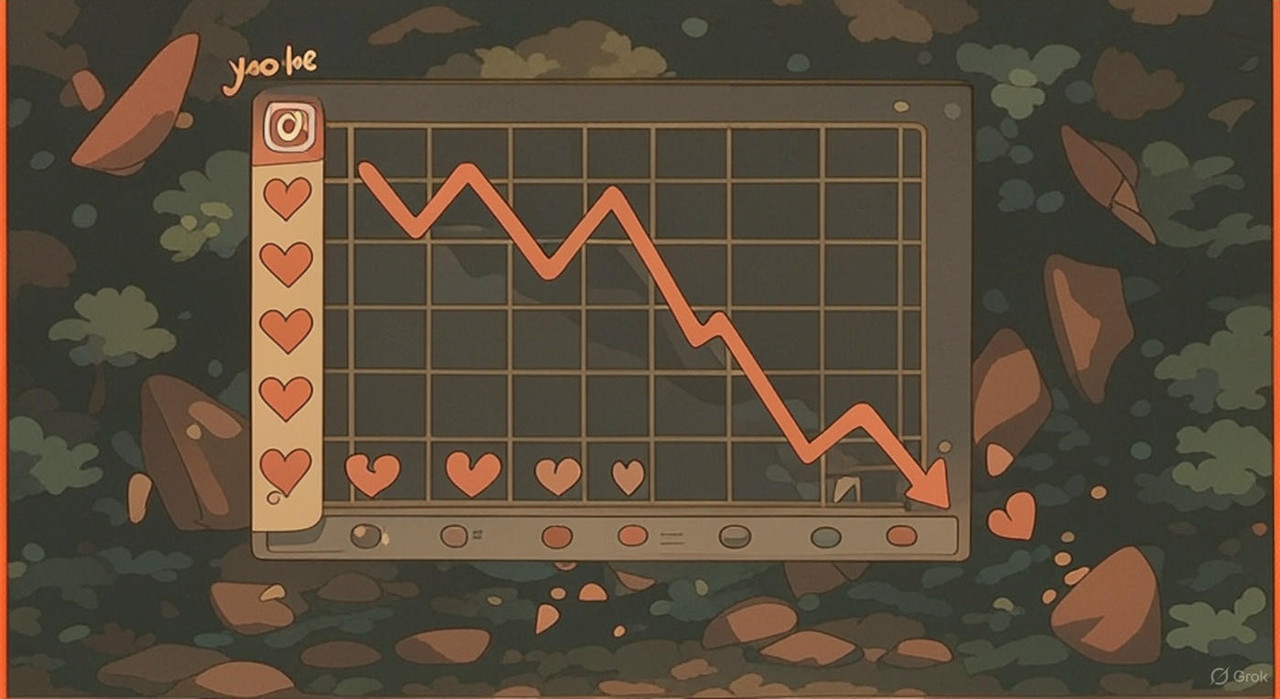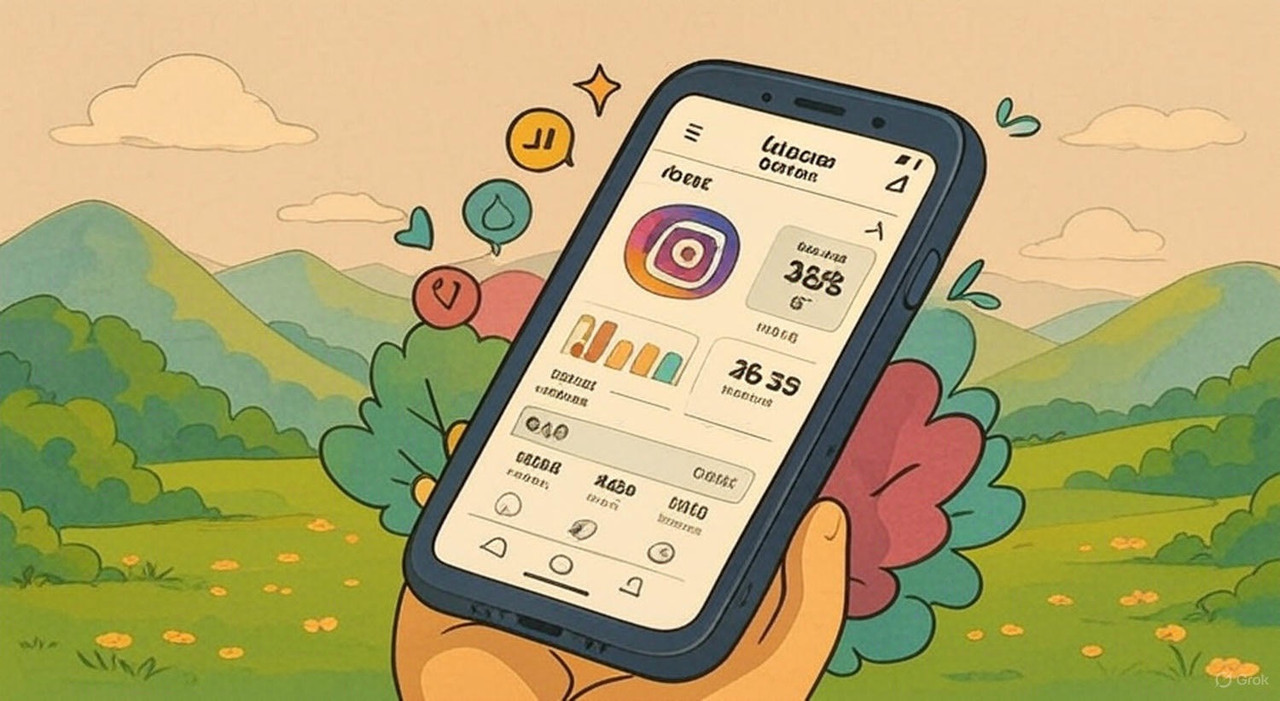Scroll through your Instagram feed, and you might encounter them: flawlessly styled individuals with captivating lifestyles, promoting brands and engaging with thousands, even millions, of followers. But here's the twist – some of these popular figures aren't human at all. Welcome to the burgeoning world of AI influencers, also known as virtual influencers or CGI influencers.
These digitally crafted personalities are blurring the lines between reality and the virtual, prompting a critical question for marketers and consumers alike: Are AI generated influencers a fleeting fad, or do they represent the future of influencer marketing? This article delves into this fascinating phenomenon, exploring their creation, appeal, benefits, and the ethical considerations they bring to the forefront.

What Exactly Are AI Influencers?
AI influencers are computer-generated characters designed to mimic the appearance and behavior of human influencers on social media platforms. They are created using a combination of 3D modeling software, animation techniques, and increasingly, artificial intelligence to generate their "personalities," backstories, and even their interactions with followers (though often managed by human teams).
Notable examples include Lil Miquela, Shudu Gram, and Imma.gram, who have amassed huge followings and partnered with major global brands. Their existence challenges traditional notions of authenticity and influence.
The Allure: Why Are AI Influencers Gaining Traction?
The rise of virtual influencers can be attributed to several factors:
- Novelty and Intrigue: Their unique, often hyper-realistic or stylized appearances capture attention and spark curiosity.
- Controlled Narrative: Brands and creators have complete control over an AI influencer's image, messaging, and behavior, eliminating the risks associated with human error or scandal.
- 24/7 Availability: AI influencers can "work" around the clock, appear in multiple places at once, and never get tired or sick.
- Cost-Effectiveness (Potentially): While initial creation can be expensive, long-term collaborations might be more predictable in terms of cost compared to fluctuating human influencer fees.
- Creative Freedom: They can be placed in fantastical settings or embody brand aesthetics in ways human influencers cannot.
- Metaverse Integration: As interest in the metaverse influencers grows, these digital avatars are perfectly poised to thrive in virtual worlds.
Key Benefit: For brands, AI influencers offer an unprecedented level of control and predictability in their marketing campaigns.
Benefits of AI Influencers for Brands
Brands are increasingly experimenting with AI generated influencers for several compelling reasons:
- Brand Safety: No risk of past controversial statements or future unpredictable behavior that could damage the brand's reputation.
- Customization: AI influencers can be tailored to perfectly embody a brand's values, aesthetics, and target demographic.
- Global Reach: They can "speak" multiple languages and appeal to diverse international audiences without cultural missteps (if programmed carefully).
- Scalability: Content creation can be scaled more easily, and the influencer can participate in numerous campaigns simultaneously.
- Innovation Showcase: Partnering with an AI influencer can position a brand as forward-thinking and tech-savvy.

Challenges and Drawbacks
Despite the advantages, the world of AI influencers is not without its challenges:
- Authenticity and Trust: Can audiences truly connect with a non-human entity? The lack of genuine human experience can be a barrier for some.
- The "Uncanny Valley": If not perfectly executed, CGI characters can appear unsettling or creepy, deterring engagement.
- Initial Creation Cost and Expertise: Developing a high-quality, believable AI influencer requires significant technical skill and financial investment.
- Ethical Concerns: Issues around transparency, disclosure (is it clear they are AI?), and the potential for perpetuating unrealistic beauty standards are significant.
- Limited Spontaneity: The curated nature means less organic, spontaneous interaction that human influencers often provide.
The Ethics of AI Influencers: A Crucial Conversation
The ethics of AI influencers is perhaps the most debated aspect. Key questions include:
- Transparency: Should it always be clearly disclosed that an influencer is AI-generated? Most argue yes, to avoid deceiving audiences.
- Representation and Diversity: How are AI influencers designed? Do they perpetuate or challenge existing societal biases regarding appearance and identity?
- Impact on Human Influencers: Could AI influencers devalue the work and livelihood of human content creators?
- Consumer Trust: If audiences feel misled, it could erode trust not only in AI influencers but in influencer marketing as a whole.
Navigating the ethical landscape of AI influencers requires ongoing dialogue and a commitment to responsible creation and deployment.
Fad or Future? The Evolving Role of AI Influencers
So, are AI influencers just a passing trend, or are they a glimpse into the future of influencer marketing?
It's improbable that AI influencers will completely replace human influencers. The human desire for authentic connection, shared experiences, and relatable personalities is strong. However, AI influencers are carving out a significant niche and will likely become an increasingly integrated part of the marketing mix.
We may see:
- Hybrid Models: Human influencers interacting with AI counterparts or using AI tools to enhance their own digital personas.
- Niche Domination: AI influencers excelling in specific areas like gaming, tech, or high-concept fashion where their digital nature is an asset.
- Brand-Owned Avatars: More brands creating their own bespoke AI mascots or ambassadors rather than partnering with existing ones.
- Greater Regulation and Disclosure Standards: As the field matures, clearer guidelines on transparency will likely emerge.
Conclusion: Navigating the New Frontier of Influence
The rise of AI influencers presents both exciting opportunities and complex challenges. They offer brands unparalleled control and creative possibilities, but they also raise important questions about authenticity, ethics, and the very nature of influence in the digital age.
Whether they become a dominant force or a specialized tool, one thing is clear: virtual influencers are pushing the boundaries of marketing and technology. As AI continues to advance, their sophistication and integration into our digital lives will only grow, making it essential for marketers and consumers to stay informed and engaged in the conversation about their evolving role.


